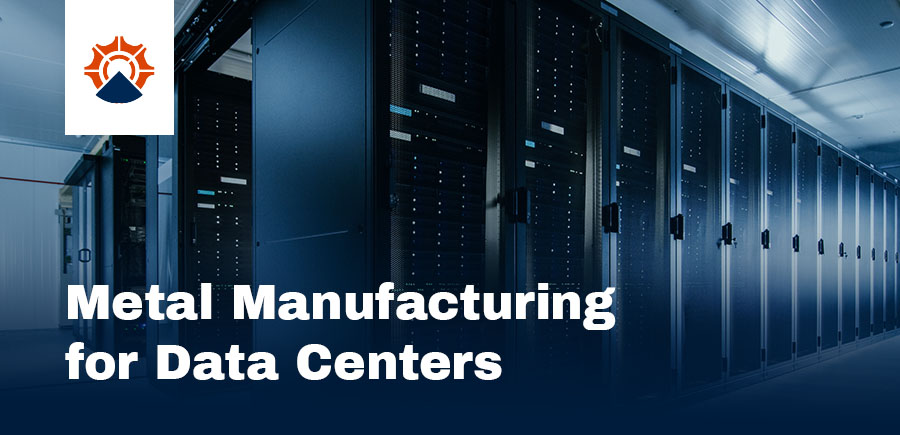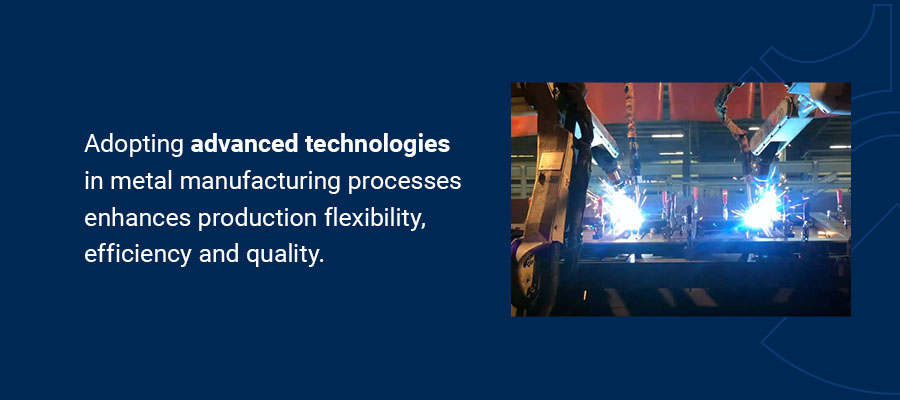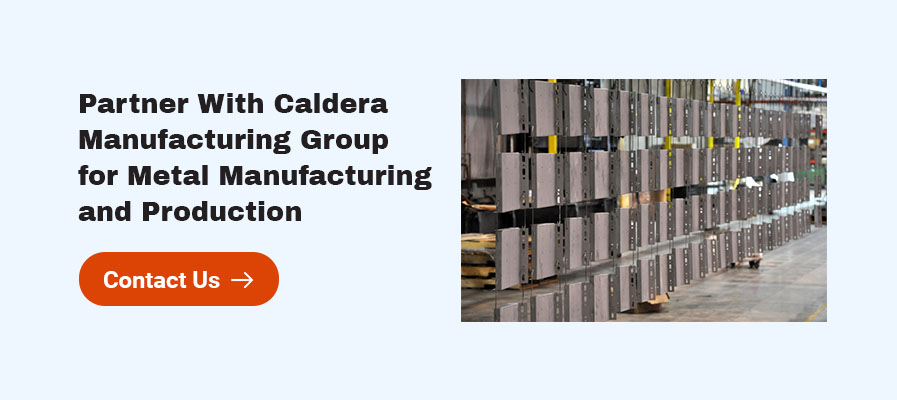Data centers rely on a network infrastructure that houses switches, cabling, routers and other equipment that enable communication and data transfer. The power and cooling systems are equally vital, as they ensure optimal temperatures and a reliable power supply to ensure efficient operation.


